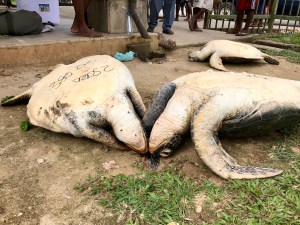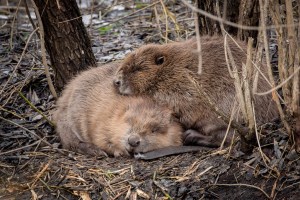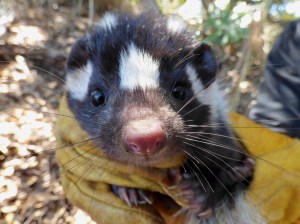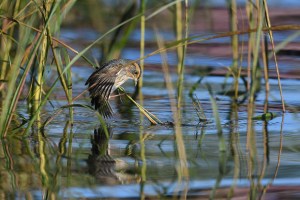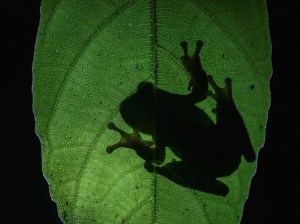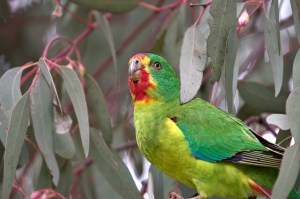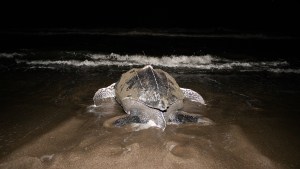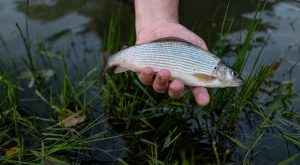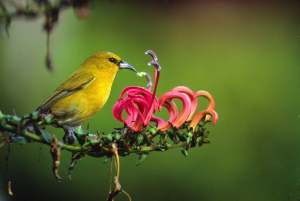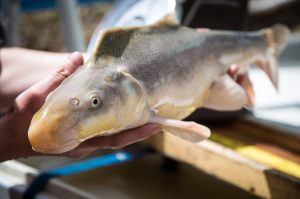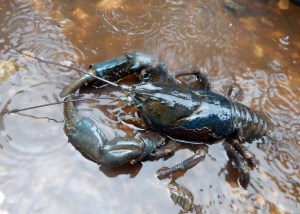Discover stories in Endangered
To Save Pacific Turtles, Focus on Small-Scale Fisheries
Small-scale fisheries cause significantly greater mortality to Solomon Islands turtles than longliners.
Bringing Beavers Back to Britain
Nature Conservancy & National Geographic Society extern Eleanor Salisbury shares her experience studying how reintroducing beavers to the U.K. can benefit both nature and people.
This Skunk Does Handstands. Yes, Handstands.
The island spotted skunk is difficult to observe. But a monitoring program on California’s Channel Islands offers a glimpse at this creature’s amazing habits.
Saltmarsh Sparrow: The “Canary” of Sea-Level Rise
The saltmarsh sparrow is literally adapted to keep its head above water. But the seas are rising.
Why Are Amphibians the Most Endangered Class of Animals?
More than 40% of the planet’s toads, frogs, salamanders and caecilians face extinction, but many can still be saved.
Swift Parrots and the Heartbreak of Rare Species
Is it wrong for wildlife watchers to seek out a species because we fear its extinction?
Migration Data Helps Protect Leatherbacks Across Oceans
Data from a TNC-lead tagging study reveals the epic migrations of leatherback turtles.
Meet the Leatherback: A Giant, Deep-Diving Migrant of the Open Seas
What dives deeper than a submarine, swims across oceans, is covered in polka-dots, and has a mouth straight out of a horror movie?
Freshwater Migratory Fish are in Trouble All Over the World
The Living Planet Index reports a staggering 81% average decline in global freshwater migratory fish populations since 1970.
How Can You Stop a Disease-Carrying Mosquito?
An effort to slow the spread of deadly avian malaria is giving Hawaiian forest birds a fighting chance.
Utah Nursery Gives Endangered Fish a Place to Grow
Razorback suckers have faced a perilous future on the Colorado River. A Moab preserve offers hope.
Meet the World’s Largest Freshwater Crayfish
National Geographic Society & TNC extern Zoe Starke shares her experience studying the 13-pound Tasmanian giant crayfish.
